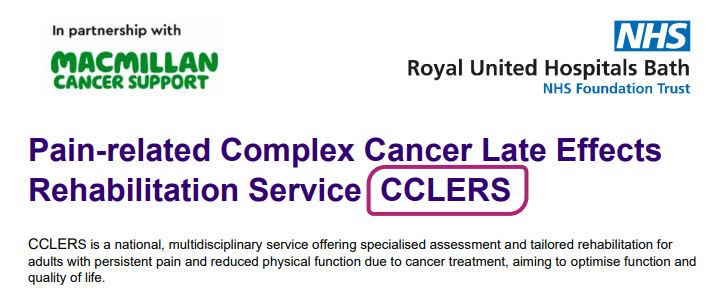
- The Pain-Related Complex Cancer Late Effects Rehabilitation Service (CCLERS) is a national, highly specialized rehabilitation service.
- It is dedicated to supporting adults experiencing :
- Persistent pain and
- Difficulty carrying out normal daily activities following cancer treatments.
- These challenges can impact:
- Physical abilities
- Emotional well-being, and
- Overall quality of life, often making everyday activities difficult.
- The team is made up of different healthcare professionals including:
- Specialist nurses
- Pain consultant
- Health psychologists
- Physiotherapists
- Occupational therapists.
- The team work closely with patients to improve their:
- Mobility
- Mental well-being, and
- Develop effective pain management strategies.
- Each patient has their own personalised rehabilitation, programme.
- The team empower people to:
- Regain independence
- Engage in meaningful activities and
- Rebuild confidence in their ability to manage their condition.
What does the programme involve?
- The programme involves attending a two-week residential programme. This is based at the Royal United Hospital NHS Foundation Trust in Bath.
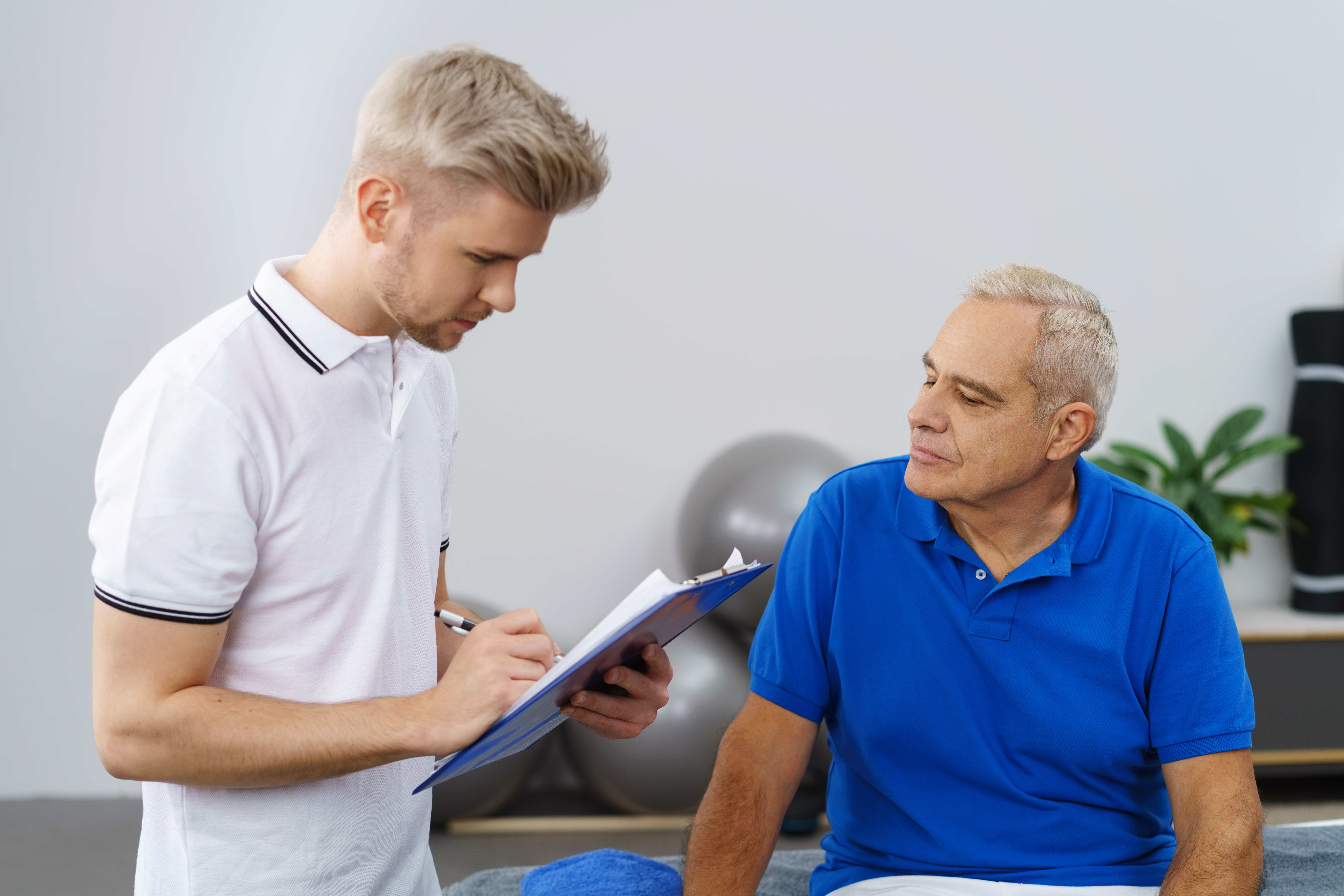
What happens once I am referred?
- The pathway from referral to discharge is shown below.
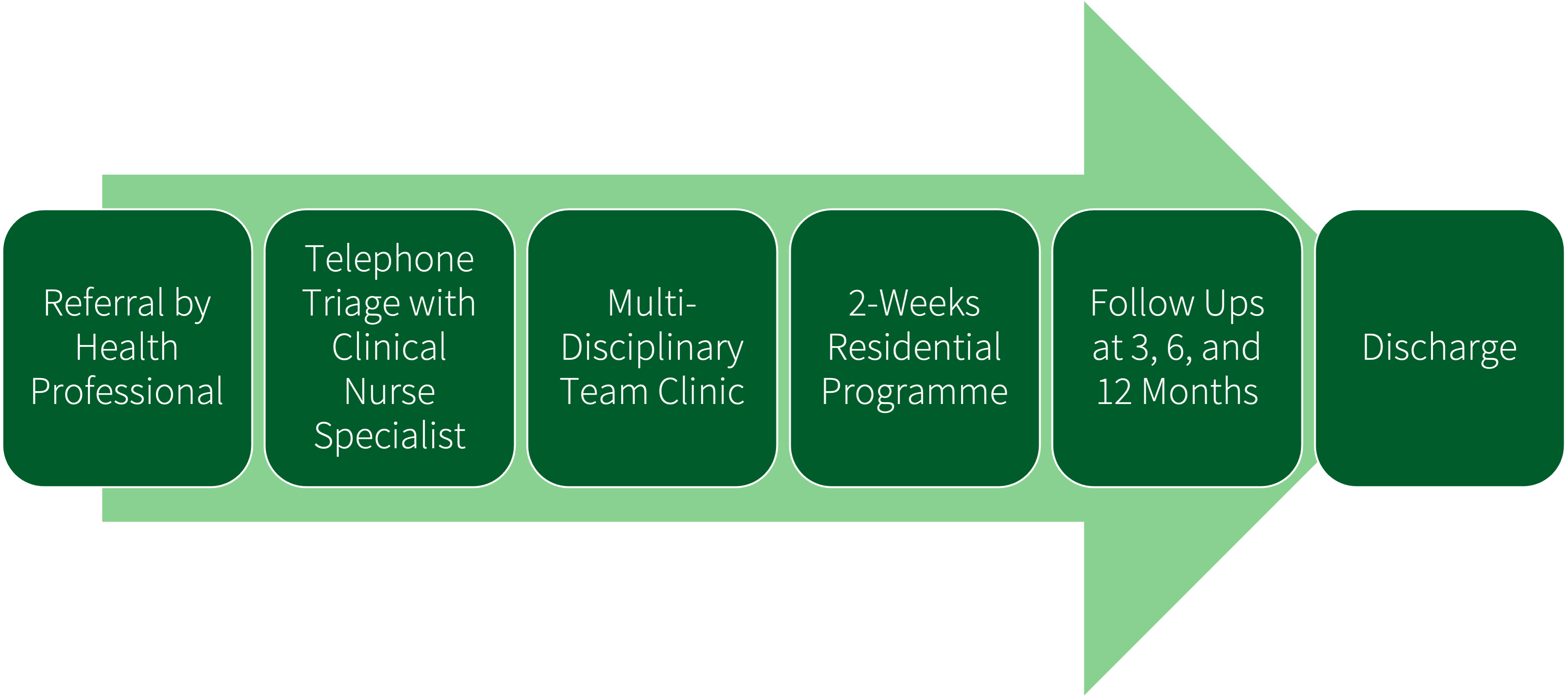
Is this service suitable for me?
To access CCLERS patients must meet the following criteria:
- Active cancer treatment ended at least 12 months ago
- Severe and persistent pain
- Reduced physical function or mobility
- Local services have not been able to help you with your symptoms.
How can I get referred to the service?
- Referrals can be made by any healthcare professional including your GP.
- There is no cost for referral for patients registered with a GP in England.
- Speak to your GP or healthcare team If you think you may benefit from the service.
How can I get in touch with the team?
The Pain-related CCLERS Team, Bath National Pain Centre, F19, Brownsword Therapies Centre, Royal United Hospital Bath NHS Trust, Combe Park Bath BA1 3NG
Website: https://crpsandcancerlateeffects-bath.org.uk/




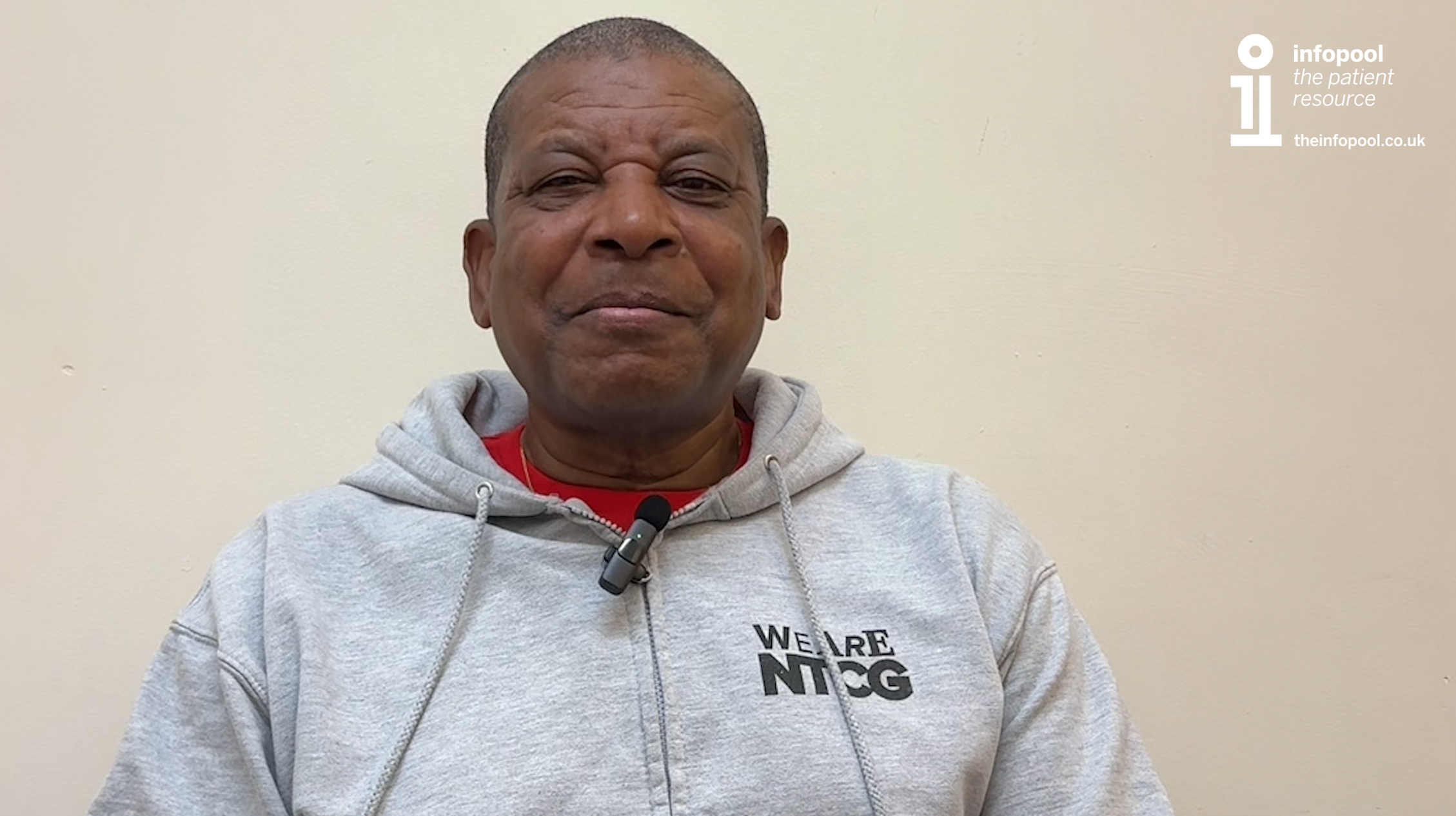
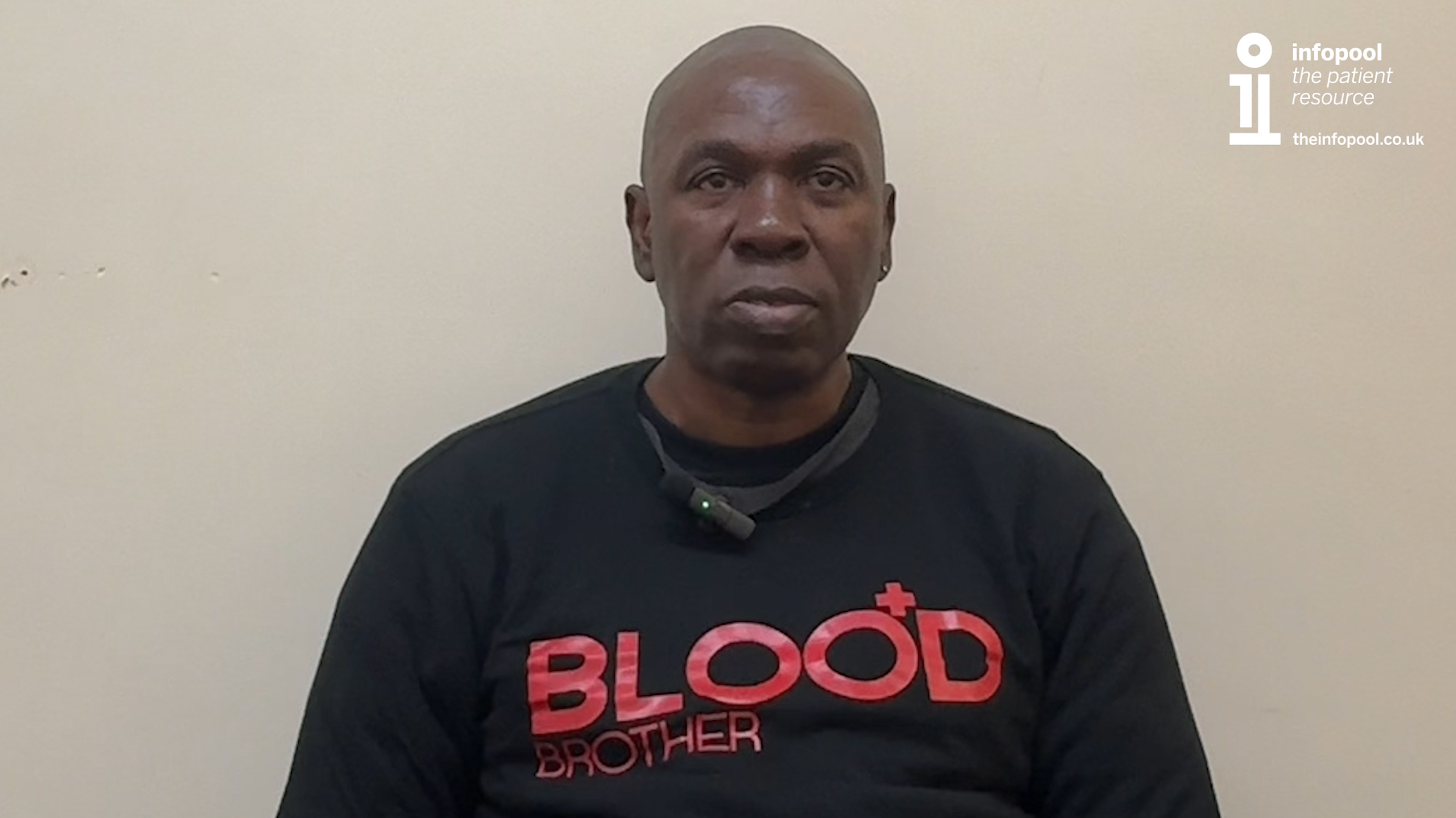
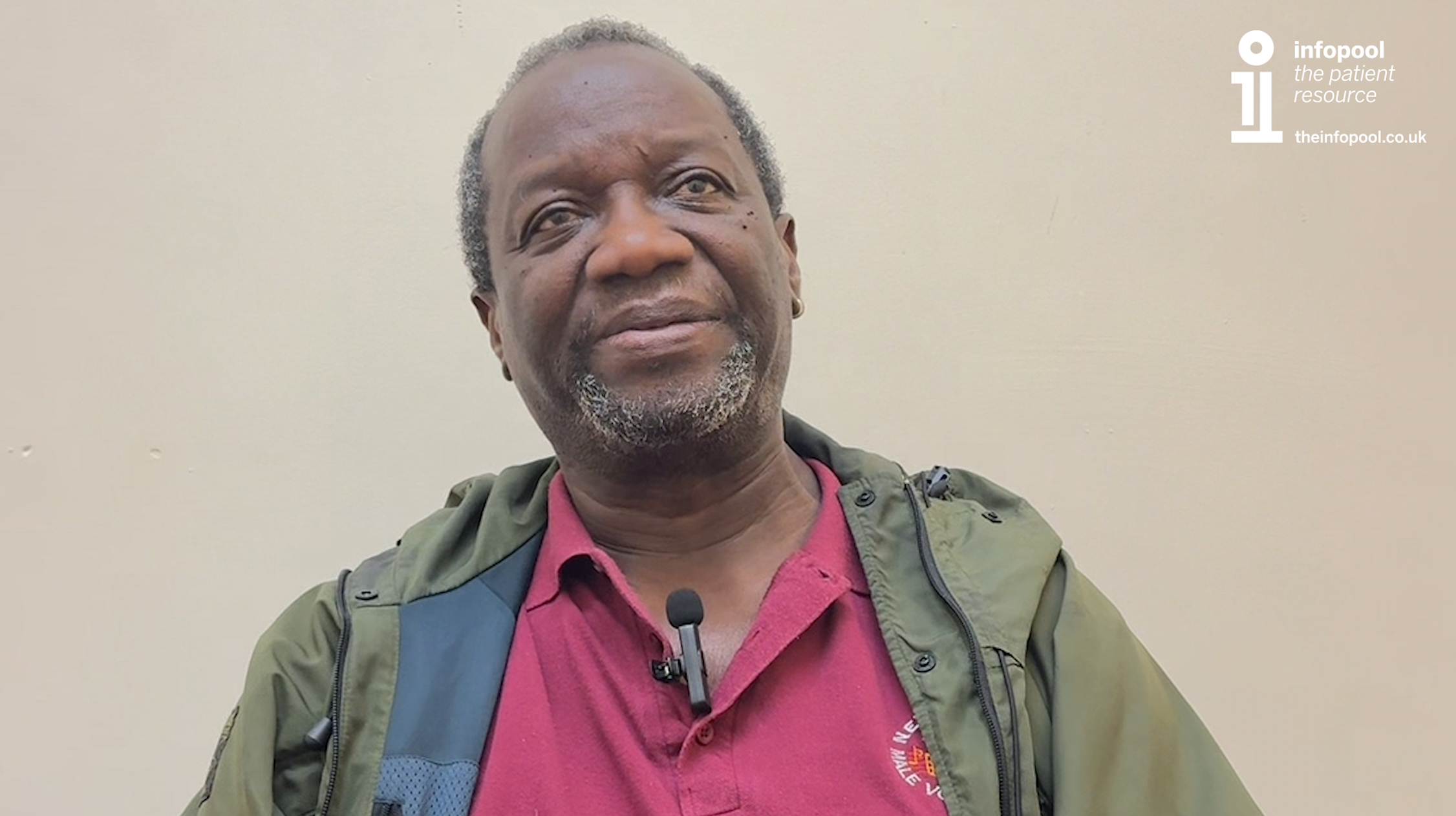
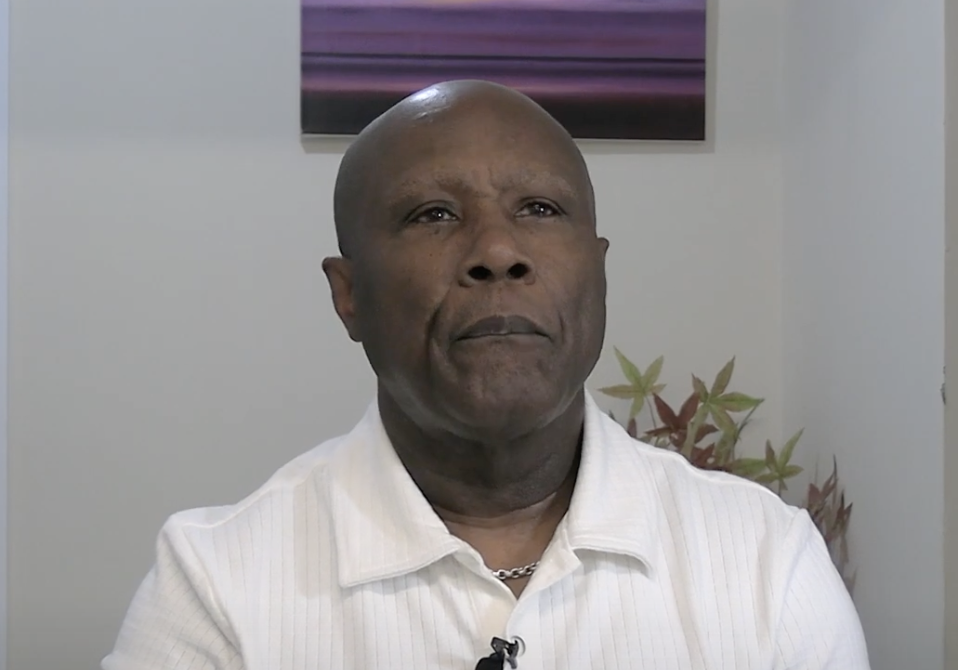
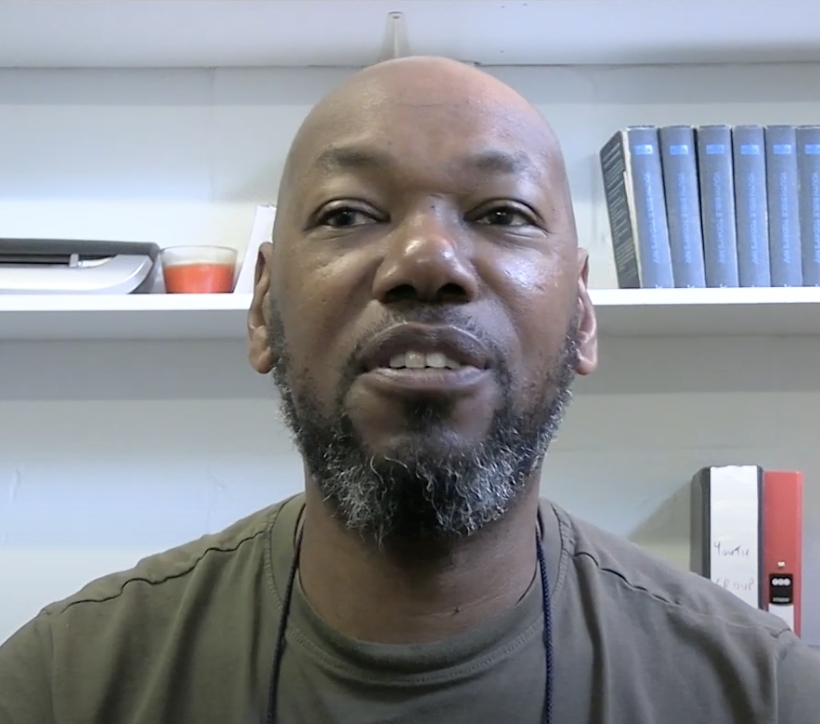
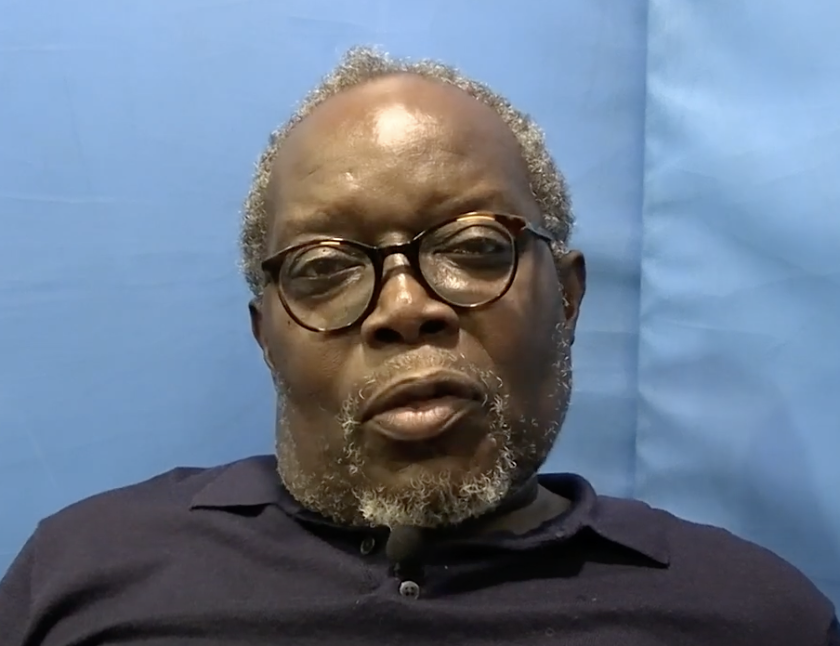
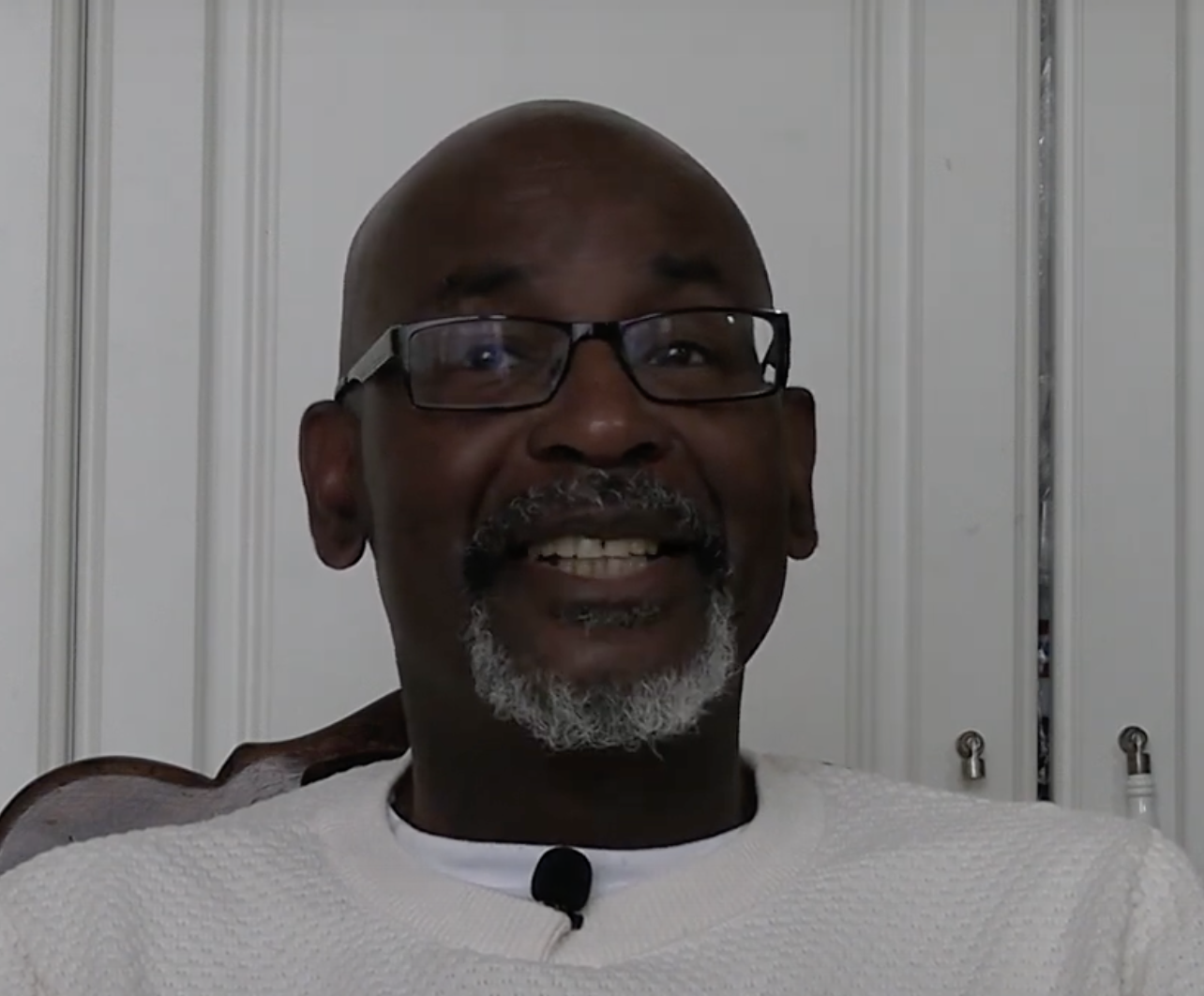










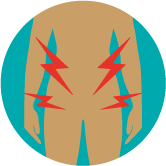




 Life after Cancer (organisation)
Life after Cancer (organisation)





